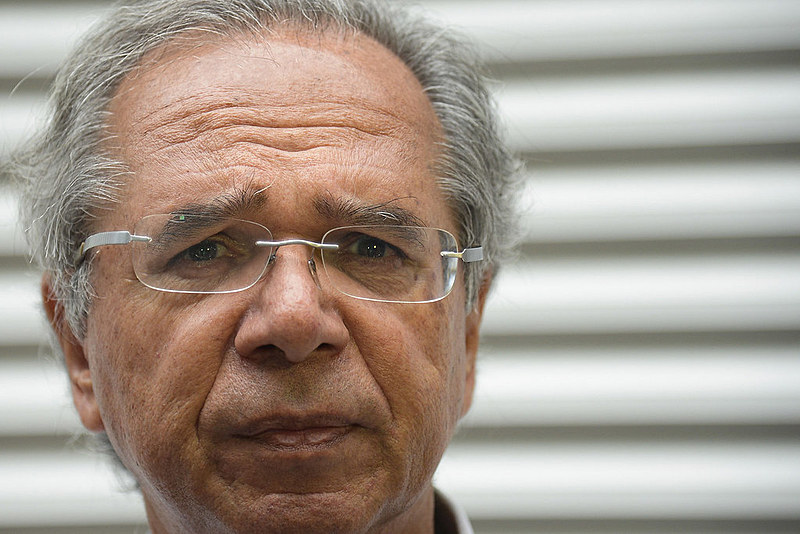RIO DE JANEIRO, BRAZIL – The Brazilian government has the financial tools to support some of the country’s most vulnerable people next year without threatening the spending cap, its most important fiscal anchor, Economy Minister Paulo Guedes said on Friday, December 11th.
In public testimony to Congress, Guedes noted that this year’s emergency income transfers to the poor, made during the coronavirus pandemic, will end on December 31st, but ways could be found to extend help without breaking its fiscal rules.

“We can bring forward benefits, or defer payments, we have various tools that will allow us to smooth the landing ahead,” Guedes said.
The end of emergency aid is a hot political and economic issue. The surprisingly generous program of around R$322 billion (US$ 64 billion) has blown a huge hole in Brazil’s already tattered public finances, and is the biggest single factor behind the government’s record deficit and debt.
But it was also a lifeline for up to 30 million families, and helped prevent the deepest recession on record from turning into a potential economic and social catastrophe.
On COVID-19, Guedes said every Brazilian will be vaccinated if they choose. The total cost of two doses per person nationwide will be around R$20 billion (US$ 4 billion), he said.
On the government’s reform agenda, Guedes struck his usual bullish tone and repeated his faith that Congress will approve his plans to make public sector cuts, deregulate the economy, sell state-owned assets and simplify and reduce taxes.
The government’s debt load will not exceed 100% of gross domestic product, Guedes insisted, adding that it will rise no higher than 94% this year before coming down again next year.

